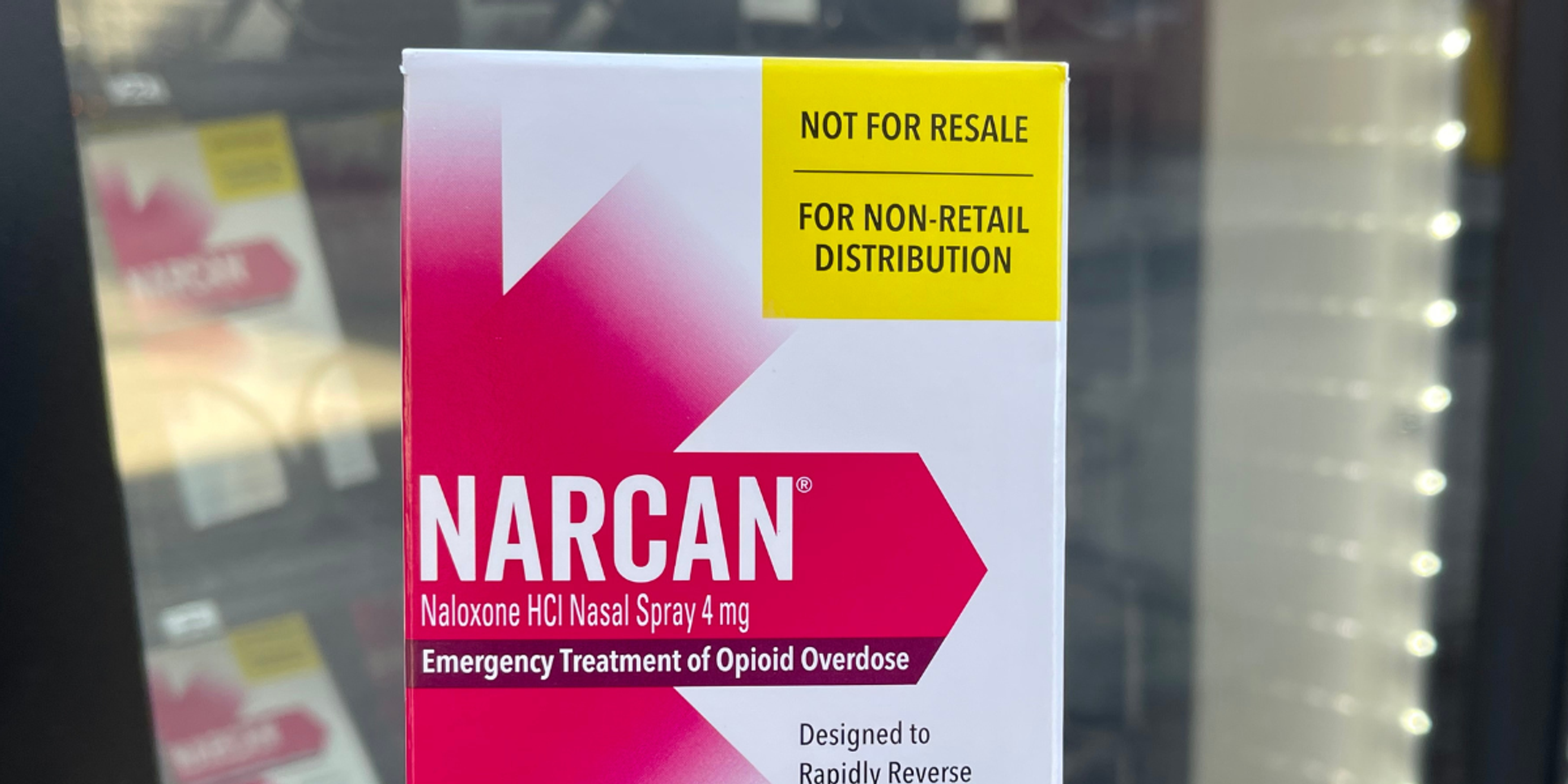
If you or someone you love are struggling with suicidal thoughts, call the National Suicide Lifeline at 800-273-8255. An estimated 6 million men are affected by depression in the United States each year. For many, this is a deadly disease. Men died of suicide almost four times more often than women in 2019, according to the American Foundation for Suicide Prevention. One reason for the disparity is that men, in general, are less likely to seek help for their depression, explains Dr. William Beecroft, medical director of Behavioral Health for Blue Cross Blue Shield of Michigan and the Blue Care Network. “It is hugely different with men in general when you talk about suicide. The suicide attempts are more serious and they’re more successful than they are in other segments of our population, women in particular,” Dr. Beecroft said.
On the latest episode of A Healthier Michigan Podcast, hosted by Chuck Gaidica, he and Beecroft discuss the signs around mental health issues and the possible stigmas that can keep men from seeking treatment.
Highest suicide rate
The highest rate of suicide nationally is among men older than 60 who have recently lost a significant other or have financial difficulties. Their rate of suicide is roughly 60 per 100,000, compared to the national average rate of suicide in the range of 14 per 100,000. One reason men appear more vulnerable to depression and suicide is that they tend to be more solitary, focused, driven and competitive than women. While those qualities can fuel their success; they can also make it harder to recognize when they need help and seek it out. Signs of depression can include a loss of interest in pleasurable activities, a drop in emotional creativity and not wanting to be involved in social activities or to go out with friends. “If nothing is pleasurable for you anymore, you really should be talking to a doctor,” Beecroft said. “This is not something you can just wish away, because those symptoms are really indicative that you likely are having a major depressive episode.” The first response should be to contact your primary care doctor for treatment. Anyone who doesn’t have a primary doctor can call the National Suicide Lifeline at 800-273-8255, a suicide prevention network of more than 160 crisis centers across the country. Members of Blue Cross Blue Shield of Michigan can also call the number on the back of their insurance cards. “You can call 24 hours a day, seven days a week, and you will be able to get help,” Beecroft said. Listen to the A Healthier Michigan podcast to hear the entire conversation. Related:
- Eric Hipple Discusses His Mental Health Journey
- “No One Knew, Because I Always Put on A Smile & Played a Song”
- Ask a Therapist: Why Are Men Hesitant to Seek Help for their Mental Health?
Photo credit: Getty Images





